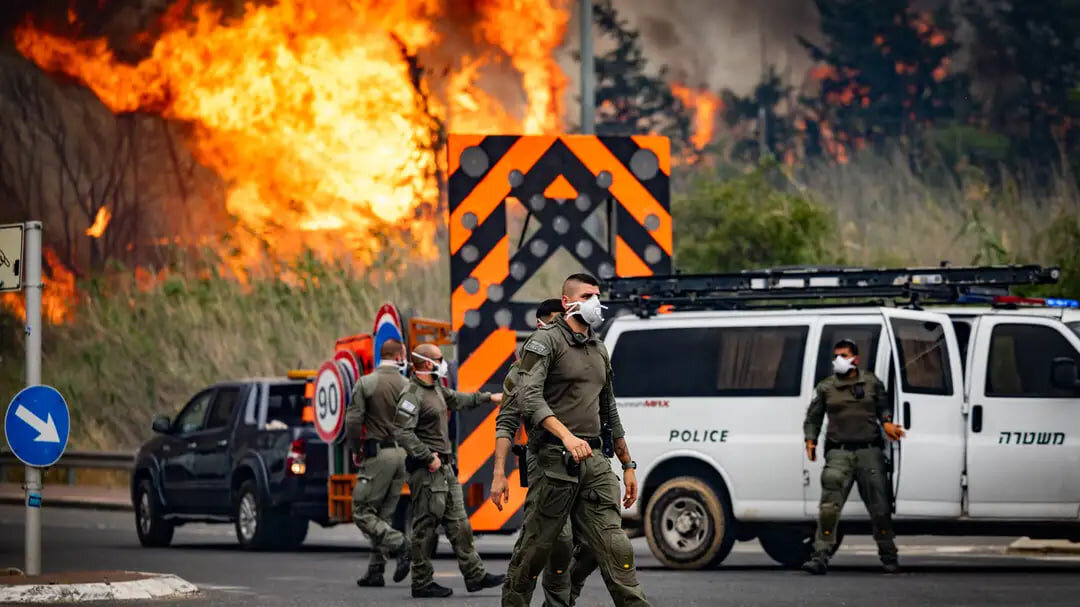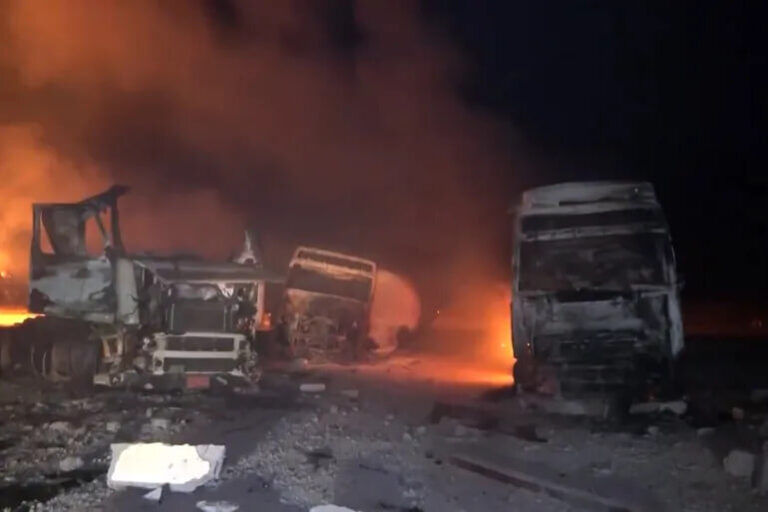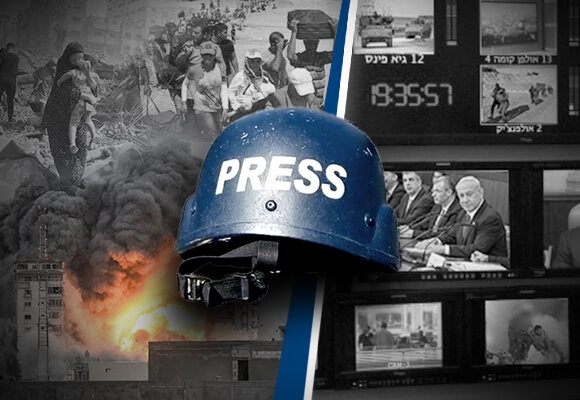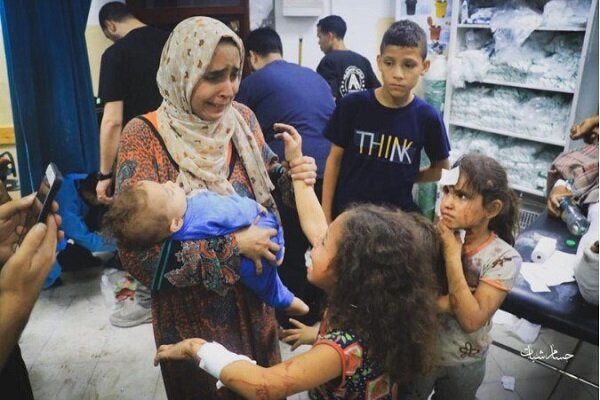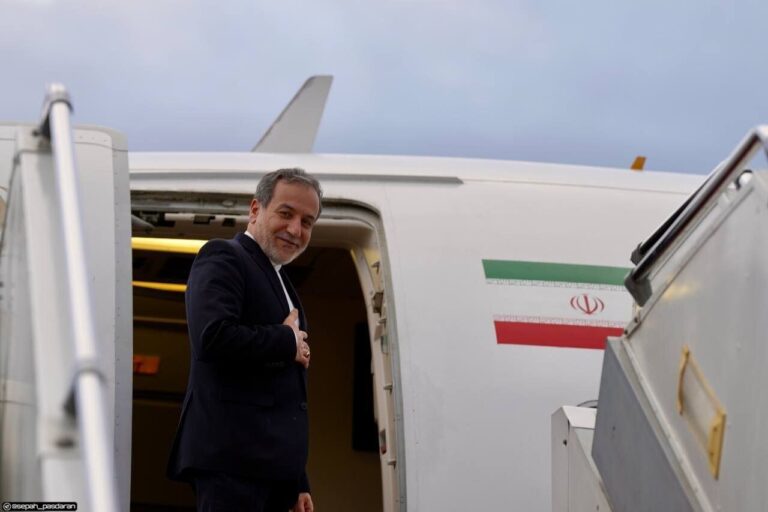Intense Wildfires Rage Near Jerusalem al-Quds: A Growing Crisis
On Wednesday, dark plumes of smoke filled the sky above highways near Jerusalem al-Quds as wildfires rapidly spread, leading to several injuries and prompting Israel’s military minister, Israel Katz, to declare a “national emergency.” This alarming situation highlights the severity of the wildfires, which are being described as some of the worst brushfires in years.
Israel’s Magen David Adom (MDA) rescue agency reported that hundreds of civilians faced danger due to these devastating fires. In response to the escalating crisis, Minister Katz ordered the deployment of troops to assist firefighters in their efforts to control the flames.
According to MDA, around 22 individuals received treatment, with 12 of them requiring hospitalization, primarily due to smoke inhalation. The agency also announced that the alert level had been raised to the highest possible status, underscoring the urgency of the situation.
“We are facing a national emergency, and all available forces must be mobilized to save lives and bring the fires under control,” Katz emphasized in a statement from his ministry.
As the situation unfolded, police took drastic measures by closing the main Jerusalem-Tel Aviv highway and evacuating residents along the route. This decision was made as brushfires erupted in an area that had already been devastated by fires just a week prior.
Key Developments in the Wildfire Situation
- Emergency Declaration: Israel Katz declared a “national emergency” due to rapidly spreading wildfires.
- Injuries Reported: Magen David Adom reported treatment for around 22 individuals, with 12 hospitalized.
- Evacuations: Police evacuated residents and closed the main highway between Jerusalem and Tel Aviv.
- Increased Alert Level: The alert level was raised to the highest status due to the severe fire risk.
The fires pose a significant threat not only to human life but also to the environment. The rapid spread of flames has led to concerns about its impact on local wildlife and habitats. Firefighters face the daunting task of battling these fires under challenging conditions, including high winds and dry vegetation that can exacerbate the situation.
Response Efforts and Community Support
In light of the ongoing crisis, community support has become crucial. Local organizations and volunteers are stepping in to assist those affected by the wildfires. Efforts include:
- Providing Shelter: Temporary shelters are being set up for evacuated residents.
- Medical Assistance: Local clinics are offering free medical services to those affected by smoke inhalation.
- Food and Supplies: Community groups are organizing food drives and supply collections for evacuees.
The government has urged citizens to stay informed and follow safety guidelines. Citizens are encouraged to report any signs of fire and to avoid unnecessary travel in affected areas. The collaboration between government agencies, emergency services, and the community plays a vital role in managing this crisis.
Looking Ahead: Preparedness for Future Wildfires
As Israel faces one of its most challenging wildfire seasons, it is essential to implement measures to prevent future disasters. Key strategies include:
- Improved Firefighting Resources: Investing in more firefighting equipment and personnel to enhance rapid response capabilities.
- Public Awareness Campaigns: Educating the public on fire safety and prevention methods to minimize risks.
- Environmental Management: Implementing land management practices to reduce the buildup of flammable materials.
In conclusion, the wildfires near Jerusalem al-Quds are a stark reminder of the challenges posed by natural disasters. The swift actions taken by emergency services and the community response are vital in mitigating the impact of these fires. As the situation continues to develop, ongoing efforts will be necessary to ensure the safety and well-being of those affected.
